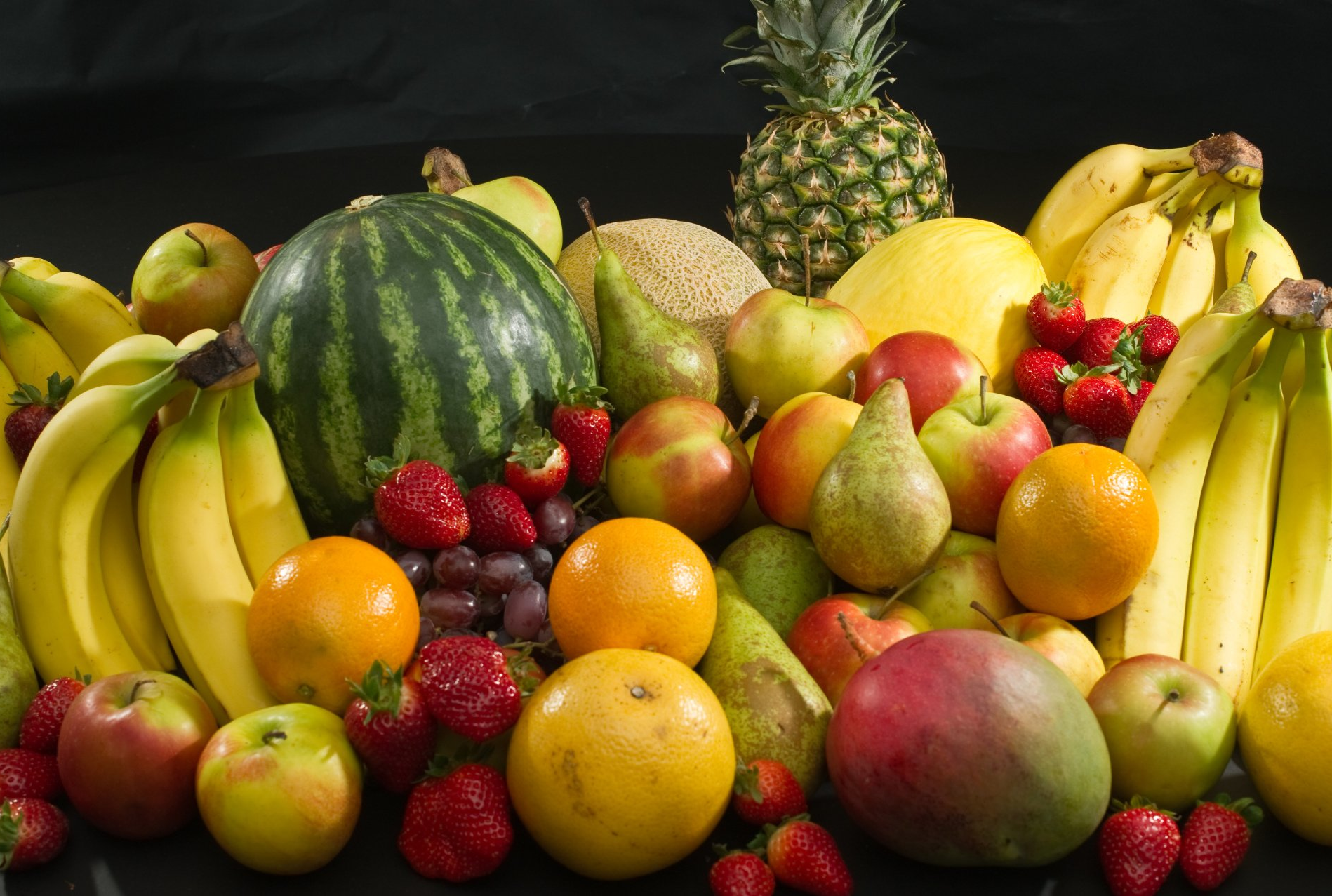Shared Culture of Oneness- Here, There and Elsewhere: What of Unconditional Culture?
- By kwende ukaidi
- •
- 27 Nov, 2024
- •
Celebrating the Magnificent Harvest of All-Year-Round Ascension

If the authentic culture of Afrikan souls (creatively restored or otherwise) is somehow displaced from its natural position of being foundational and core to Afrikan life, then it may become erroneously subject to conditions that would not apply in normality. It indeed would be travesty for this primary people of creation to relegate their authentic cultural substance to the tertiary level of (say) being some sort of cursory hobby. Further, as the word culture can be translated to civilisation, then the outcomes of casting their authentic way of life to the periphery of their existence would surely have dire consequence.
Yet, in a state of interruption and disruption where Afrikan souls may be destructively set upon by others that mean the Afrikan ill, having unnatural conditions applied to Afrikan cultural fabric may not be at all far-fetched. Indeed, left to the whims of others of ill, Afrikan culture could become subject to the type and intensity of conditions that render it impotent, non-significant or worse.
If rendered susceptible to having conditions applied to their authentic culture (creatively restored or otherwise), then Afrikan souls may perpetuate conditions that relegate the importance of their culture by proxy and erroneously as some sort of ‘norm’. In this, comments of detriment to their natural norm of cultured living (civilised living) akin to the following may become popular:
“I am too educated to be bothered with culture”.
“I am without education so need not be bothered with culture”.
“I am too wealthy to be bothered with culture”.
“I am too poor to be bothered with culture”.
“I am too busy with other things to be bothered with culture”.
“I am a person of leisure so culture does not apply to me”.
“The weather is too hot to be bothered with culture”.
“The weather is too cold to be bothered with culture”.
“I travel so culture does not apply to me”.
“I don’t get to travel so culture is of no concern to me”.
“I have a career path so I don’t need to be concerned with culture”.
“I don’t yet have a career path so I don’t need to be concerned with culture”.
Of course, the list of examples cannot be comprehensive in extent here. However, if authentic Afrikan culture is dislocated from its core position within Afrikan life, the approach Afrikan souls have in relation to their own authentic culture may become fickle to state the least. This could not only put Afrikan souls in state of dire deficit, but also allow others that mean the Afrikan ill to run rampant with vices harmful to the fullest flourishing of Afrikan life with some sense of ‘guaranteed’ success.
Thus, it is rightful for Afrikan souls to restore their authentic cultural substance to its proper place at the core and foundational level of Afrikan life. In so doing, Afrikan culture (civilisation) can again be unconditional to its people. According to mainstream source, the word unconditional attracts the following detail:
“If something's unconditional it's absolute and not subject to any special terms or conditions: it'll happen no matter what else happens”.
Another mainstream source, offers the account of unconditional culture:
“To be unconditional, culture must be clear, credible, consistent, and specific”.
Here, specific can be seen as being particular people focussed. Thankfully, Afrikan souls have – through a process of creative restoration – authentic cultural fabric that is clear, credible, consistent and specifically theirs at the shared level of oneness readily accessible to them. Whether the Afrikan is here, there or elsewhere, the exceptional example of the Nguzo Saba and the observance of Kwanzaa from which it comes provides an empowering cultural vehicle of substance for this people’s rightful thrust to optimality. With this, unconditional culture can again become the Afrikan norm. After all, civilisation is not of happenstance.
Kwanzaa is one of the essential cultural observances of life within the Universal Royal Afrikan Nation. The Universal Royal Afrikan Nation (URAN) is an Afrikan-centred spiritual and cultural mission for ascendancy that embodies living spiritually and culturally rooted life. To find out more about URAN and its spiritual-cultural mission for liberty and nationhood click here. The exquisite URAN pendant can be obtained online by clicking here.
In his capacity as an Afrikan-centred spiritual cultural practitioner this author is available for further learning in this regard and also for the carrying out of ceremonies such as naming and name reclamation. For details please click here.
Afrikan World Studies programmes are an important forms of study in understanding the Afrikan experience. There are a range of subjects covered on these programmes including History, Creative Production, Psychology and Religion. To find out more about these learning programmes please click here. For the video promo for these learning programmes click here.
Also, in the approach to the important cultural observance of Kwanzaa, the text: From Pert-En-Min to Kwanzaa - A Kuumba (Creative) Restoration of Sacred First Fruits by this author is available to purchase online here. This publication provides informative detail on the of the Kwanzaa celebration. You can also visit the institution of Yemanja -O to pick up a copy.
At nominal cost, also consider acquisition of an a4 laminate poster of articulations by this author when visiting the Yemanja-O establishment to enrol, consult, learn, gather or otherwise
